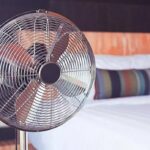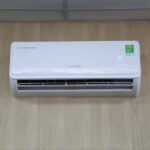Washing machines are indispensable appliances for modern families. It’s safe to say that with their help, laundry troubles can be solved, but relying solely on a washing machine is not enough.
During rainy and humid seasons, clothes take a long time to dry and often develop an unpleasant musty smell. To address this issue, many people turn to washer-dryers. These machines are a 2-in-1 solution, cleaning and drying clothes in one go.
While the 2-in-1 design might seem convenient, it has significant drawbacks, leading to an increasing number of people rejecting this appliance. Here are four cons of washer-dryers that you should carefully consider before purchasing one.
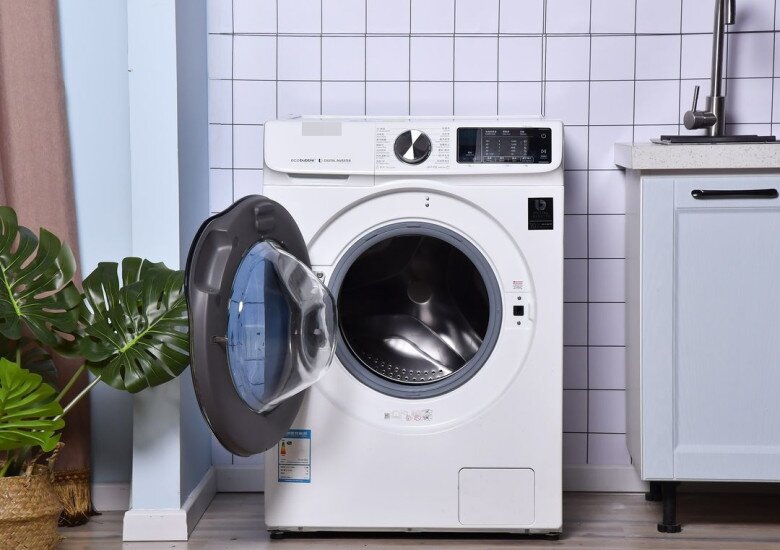
1. Clothes Prone to Issues
Washer-dryers are constructed and function similarly to standard washing machines. With this appliance, you select the appropriate washing mode, and your clothes are cleaned and dried quickly. So, during rainy or humid weather, you won’t have to worry about prolonged drying times and musty odors.
However, many people find that washer-dryers are less effective at drying, and clothes often encounter issues after being dried in this manner.
Different types of fabrics react differently to the washer-dryer process. For instance, woolen items, knitted garments, and silk clothes can present a series of problems when subjected to the washer-dryer’s cleaning and drying cycle.
Woolen garments may shrink significantly, turning a once well-fitting sweater into a tight and unwearable piece. Knitted items can fade, lose their shape, and become less comfortable.
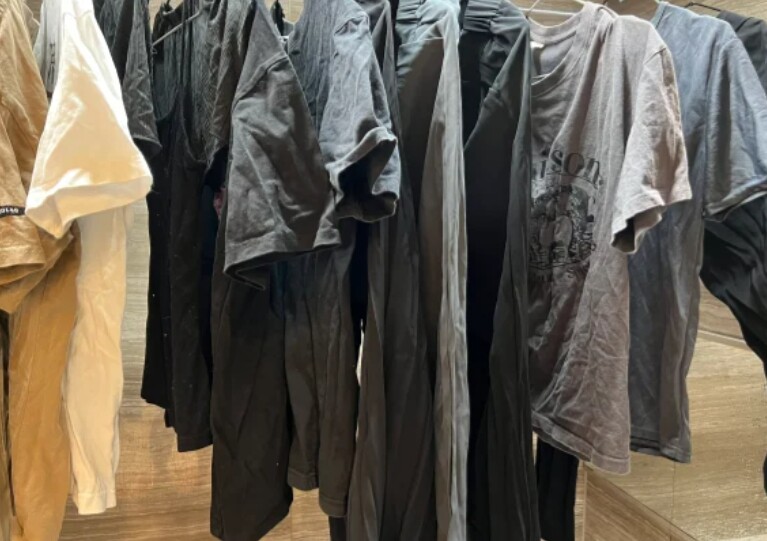
2. High Electricity Consumption
It’s important to note that a standard washing machine uses a reasonable amount of electricity to complete its cleaning cycle, whereas a washer-dryer demands much more.
The drying function requires continuous heating to effectively dry the clothes. This process consumes a significant amount of electricity, especially when dealing with large loads or heavy fabric items. To ensure thorough drying, the machine may need to run for extended periods at higher power levels, resulting in a notable spike in electricity consumption.

3. Lack of Lint Filter
Over 90% of washer-dryers on the market are of the condensing type, and they can be a nuisance due to the absence of a crucial component—a lint filter.
Each time the drying process is completed and you open the machine, you’ll notice that the inside of the drum and the rubber gasket are covered in a thick layer of lint.
This lint is composed of fibers that have either come loose from the clothes or been blown off the surface of the garments during the drying cycle.
From a hygiene perspective, these remaining lint fibers not only impact the cleanliness of the machine but also provide a breeding ground for bacteria and mold. Over time, the buildup of lint can cause the interior of the washer-dryer to become dirty, potentially leading to secondary contamination of your clothes.
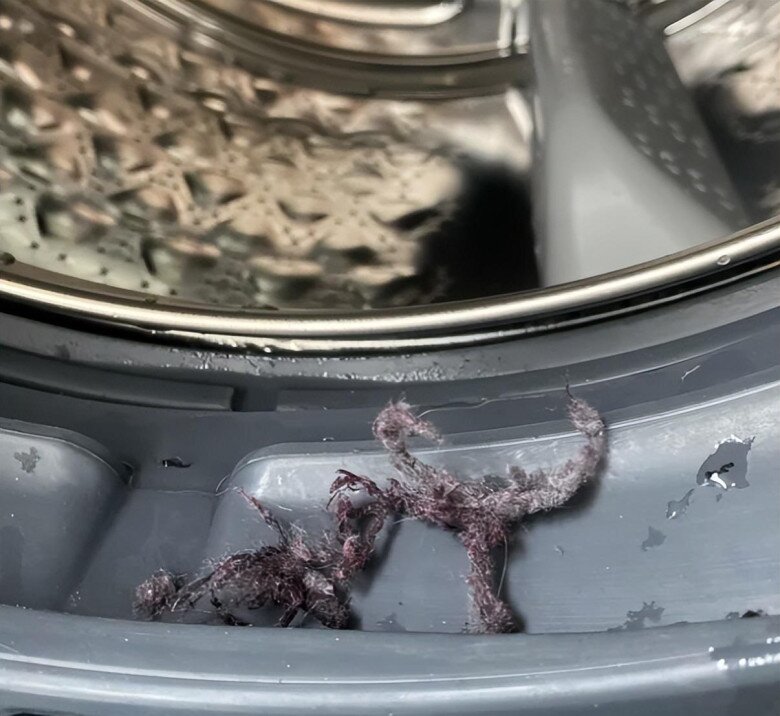
4. Insufficient Drying Capacity
While washer-dryers offer certain conveniences, we cannot overlook their shortcomings. One notable disadvantage is their limited drying capacity.
Typically, the drying capacity indicated on washer-dryers is smaller than their washing capacity. This means that if you wash a larger load of laundry, you may not be able to dry it all at once.
For example, a washer-dryer with a 10 kg washing capacity might only have a 6-7 kg drying capacity. In practical terms, this can be highly inconvenient for families. When transitioning between seasons, large quantities of clothing need to be washed and dried, including thick coats and blankets, and the limited drying capacity of the washer-dryer may not be sufficient.
Multiple drying cycles may be required, consuming not only additional time and effort but also increasing electricity consumption.

























